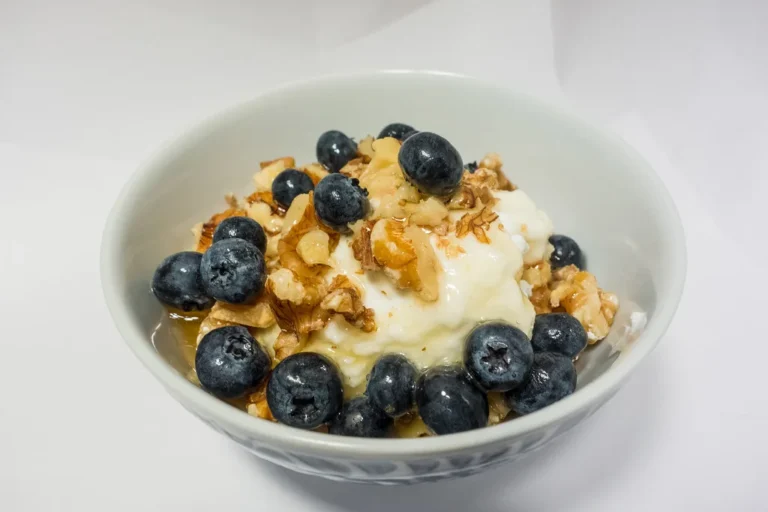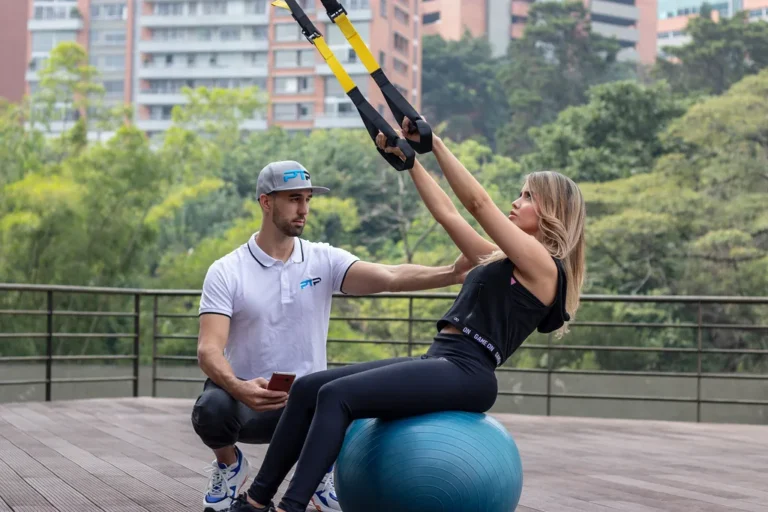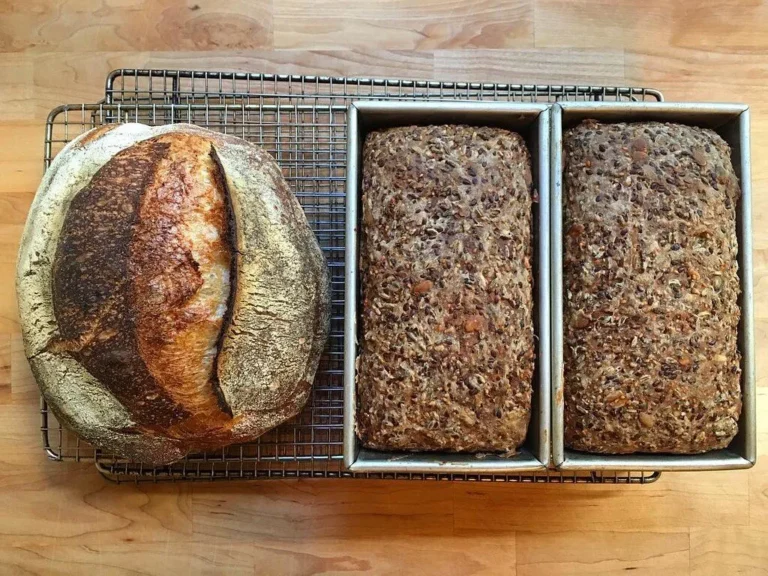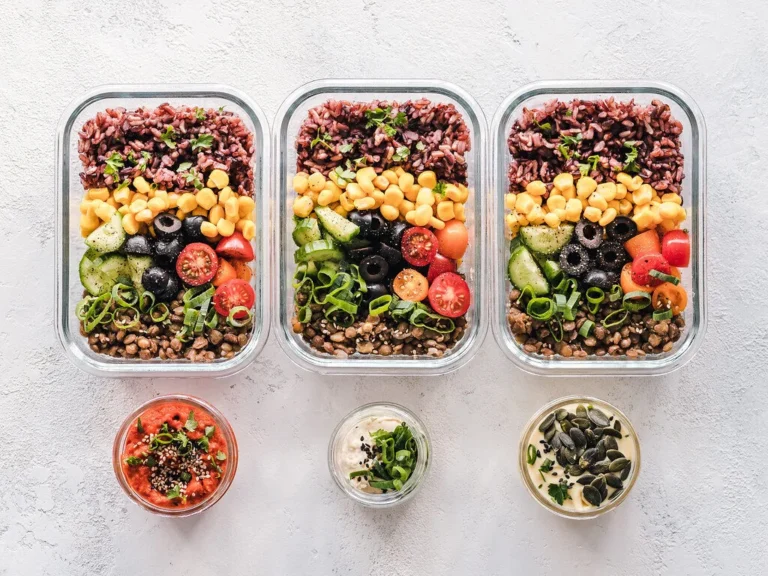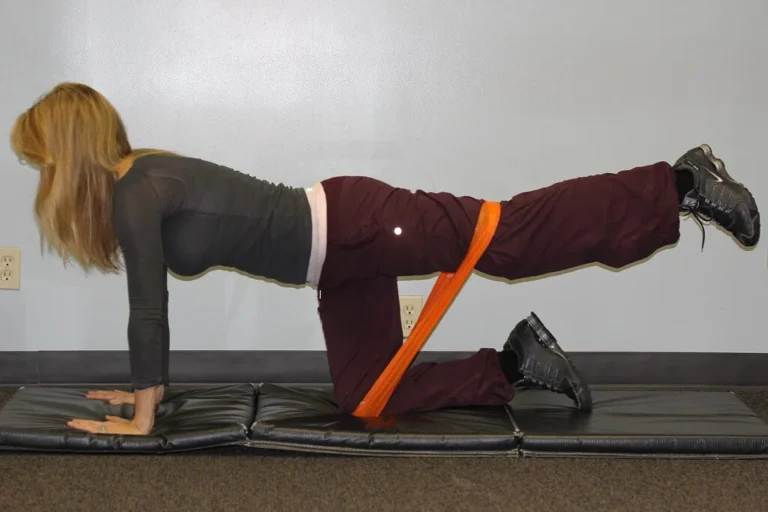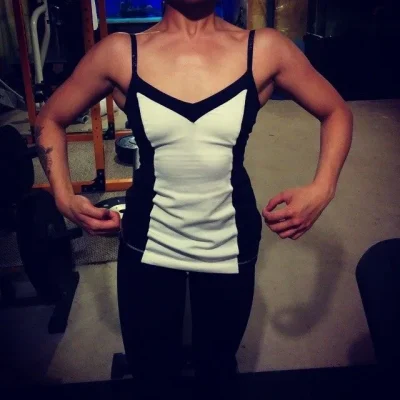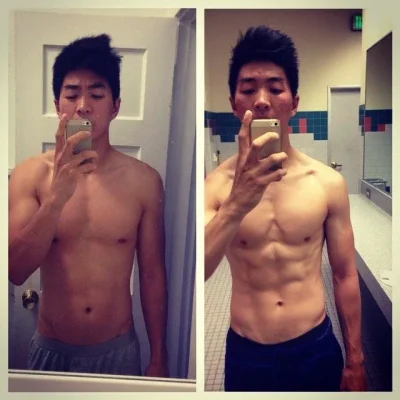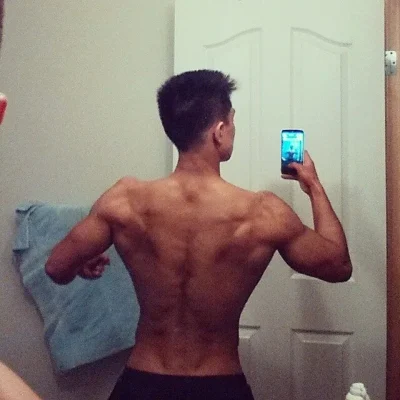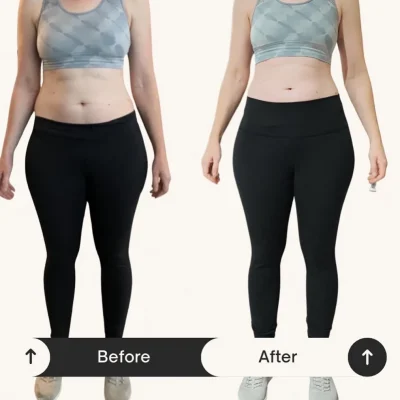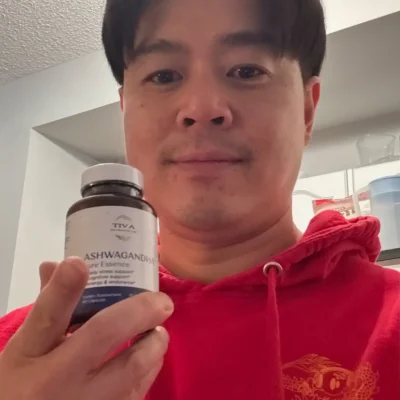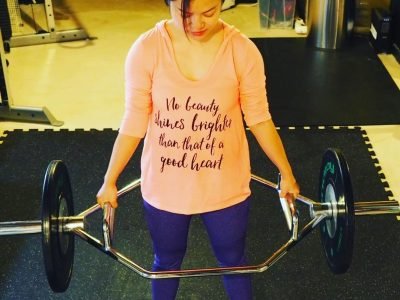With the right nutrition, you can significantly enhance your workout performance and recovery. This guide will help you identify optimal foods to consume before and after exercising, ensuring you fuel your body effectively and maximize your results. Choosing high-quality carbohydrates pre-workout will provide the energy you need, while a good balance of protein and healthy fats post-workout will aid in recovery and muscle growth. Understanding what to eat is necessary for achieving your fitness goals and maintaining overall health.
Key Takeaways:
- Consume a balanced meal before your workout that includes carbohydrates, protein, and healthy fats to fuel your body and enhance performance.
- Post-workout nutrition should focus on replenishing energy stores with carbohydrates and aiding muscle recovery with protein within 30-60 minutes after exercising.
- Hydration is vital both before and after your workout; ensure you drink ample water to maintain optimal performance and recovery.
Timing Your Nutrition: The Pre-Workout Window
Fueling up before exercise enhances your performance and helps you achieve your fitness goals. The pre-workout window is typically considered to be between 30 minutes and 2 hours prior to your workout. Eating during this period allows your body to digest and convert the food into usable energy, maximizing your endurance and strength during your session.
The Science Behind Pre-Workout Fuel
During exercise, your body relies heavily on carbohydrates and protein for energy and recovery. Consuming the right fuel allows your glycogen stores to be replenished, which provides you with the strength to push through your workout. Studies show that a balanced meal can improve both the intensity and duration of your exercise, offering significant performance boosts.
Ideal Nutrients and Portion Sizes for Optimal Energy
For maximum energy, your pre-workout meal should comprise primarily of carbohydrates—aim for 30-60 grams—along with a moderate protein source of about 10-20 grams. For instance, a banana with a scoop of nut butter or a slice of whole-grain toast topped with avocado provides a balanced mix of nutrients. A smaller meal can be ideal closer to workout time, while a larger meal is best 2 hours beforehand to give your body sufficient time to digest.
The right balance of macronutrients can significantly impact your performance. If you consume a more substantial meal 1-2 hours before exercising, opt for a combination of complex carbs like oatmeal or sweet potatoes along with lean proteins such as chicken or Greek yogurt. On the other hand, if you’re eating closer to your workout, choose lighter options such as smoothies or fruit. These nutrient combinations not only support energy production but also aid in muscle repair, setting the stage for a productive workout session.
The Power of Hydration: Fueling Performance
Hydration plays an crucial role in your exercise routine by influencing various aspects of performance, recovery, and overall well-being. Staying hydrated helps regulate body temperature, supports nutrient transport, and ensures smooth physiological function. Even a slight reduction in fluid levels can decrease your endurance and strength, making it vital to prioritize adequate hydration in your fitness regimen.
How Hydration Impacts Strength and Endurance
Dehydration can significantly impair your performance, leading to a drop in strength and endurance. For instance, just a 2% decrease in body water can negatively affect your sprinting and lifting capabilities. Studies show that optimal hydration levels can enable you to sustain higher intensities and enhance recovery, allowing you to maximize every workout.
Best Hydration Practices Before Hitting the Gym
To ensure you’re properly hydrated prior to exercise, aim to drink at least 16 to 20 ounces of water about two to three hours before your workout, followed by an additional 8 ounces 20 to 30 minutes before you start. If you’re planning intense workouts or exercising for over an hour, consider electrolyte beverages to maintain sodium levels and aid fluid absorption. Monitoring your urine color can also be a simple way to gauge your hydration status; pale yellow indicates adequate hydration, while darker shades suggest you need to drink more.
Post-Workout Recovery: What Your Muscles Crave
After a workout, your muscles need specific nutrients to recover effectively and promote growth. Focusing on proper nutrition during the recovery phase helps repair muscle fibers and replenishes energy stores, setting the stage for better performance in your next workout. Ideally, your post-workout meal should combine protein, carbohydrates, and hydration to enhance muscle repair and overall recovery.
Key Nutrients for Muscle Repair and Growth
Protein is your primary ally after exercise; it supplies the necessary amino acids for muscle repair. Aim for protein-rich foods like chicken, eggs, or Greek yogurt. Alongside protein, carbohydrates restore glycogen levels depleted during your workout, making options like quinoa, sweet potatoes, or fruits crucial. Don’t forget healthy fats—avocado or nuts can support hormone production and aid in nutrient absorption.
Timing Your Post-Workout Meal for Maximum Results
Consuming your post-workout meal within 30 to 60 minutes can significantly enhance recovery. This window allows your body to take full advantage of nutrient absorption, beginning the muscle repair process right after exercise. Studies show that eating a ratio of 3:1 carbohydrates to protein helps optimize recovery, improving your performance in subsequent workouts and reducing muscle soreness.
Delaying your post-workout meal can lead to extended fatigue and slower recovery, hindering your progress. A well-timed meal supports not only muscle development but also your energy levels, allowing you to bounce back quickly. For example, if you’ve just completed an intense weightlifting session, a smoothie blended with protein powder, a banana, and spinach provides the right balance and nourishment to kickstart recovery. Prioritizing nutrient timing can make a marked difference in your training effectiveness and overall fitness journey.
Food Choices That Make a Difference: Building Your Pre and Post Workout Menu
Your pre and post workout nutrition plays a vital role in your overall performance and recovery. A well-planned menu can help you feel energized and maximize your results. Focus on incorporating foods that not only satisfy hunger but also enhance your energy and recovery. Choose nutrient-dense options that complement your fitness goals—whether it’s building muscle, increasing endurance, or shedding pounds. By tailoring your food choices to your workouts, you’ll set yourself up for success.
Top Foods to Enhance Pre-Workout Energy
Fueling up before your workout requires a balance of carbohydrates and proteins. Foods like oats, bananas, and Greek yogurt provide quick energy and promote stamina. Incorporating a source of healthy fats, such as nut butter, can support sustained energy levels. A smoothie blended with spinach, berries, and protein powder is another great option for a nutrient-packed pre-workout meal that keeps you feeling full and energized.
Recovery Foods to Maximize Muscle Gains
Your muscles thrive on protein and carbohydrates after a workout. Effective recovery foods include lean meats like chicken or turkey, fish, legumes, and quinoa. Combining these with carbohydrates, such as sweet potatoes or brown rice, replenishes glycogen stores, facilitating muscle repair. Snacks like cottage cheese with fruit or a protein shake can also seamlessly fit into your post-workout routine, ensuring your body has the nutrients it needs to recover and grow stronger.
Incorporating a recovery meal within 30 to 60 minutes post-exercise is ideal for optimal muscle repair. Foods rich in branched-chain amino acids (BCAAs) can further enhance muscle recovery, reduce soreness, and prevent breakdown. For instance, a protein shake with whey protein not only provides a quick source of protein but also helps restore depleted energy levels rapidly. Aim for a meal that contains a 3:1 ratio of carbohydrates to protein for the best results, promoting both muscle synthesis and glycogen replenishment. Consider snacking on a chocolate milk post-workout; it’s a delicious, protein-rich recovery option.
Common Nutritional Pitfalls Every Athlete Should Avoid
Athletes often stumble into nutritional traps that can sabotage performance and recovery. One common pitfall is neglecting to hydrate adequately, as even mild dehydration can diminish stamina and increase fatigue. Skipping meals, especially before workouts, deprives your body of the energy needed for optimal performance. Additionally, overconsumption of processed foods may lead to imbalances that affect your recovery and energy levels. Lastly, misunderstanding your body’s personal nutritional needs can create an inefficient diet, ultimately hindering progress. Your focus should be on fueling your body with what it needs to thrive.
Misconceptions About Meal Timing and Composition
Many athletes believe they can eat whatever they want, as long as it fits within a certain timing framework. However, consuming the wrong types of foods right before or after a workout can derail your performance. Relying solely on quick carbs for energy may lead to sugar crashes, while ignoring protein can slow down muscle recovery. The ideal strategy marries both macronutrients to ensure sustained energy levels and optimal recovery.
Nutritional Mistakes That Hinder Recovery
After an intense workout, your body craves specific nutrients for efficient recovery. Skipping post-workout meals is a significant mistake, as it can delay muscle repair and prolong soreness. Prioritizing only protein without adequate carbohydrates can also impede glycogen replenishment, leaving you fatigued for your next session. Additionally, ignoring the importance of micronutrients, such as vitamins and minerals, can prevent your body from healing effectively. Rather than just focusing on one aspect of recovery nutrition, a balanced intake of both macronutrients and micronutrients is key to rejuvenating your muscles.
To wrap up
So, to maximize your workout results, focus on consuming a balanced meal rich in carbohydrates and protein before exercising, such as oatmeal with fruit or a protein smoothie. After your workout, prioritize recovery with a meal that includes lean protein and healthy fats, like chicken with avocado or a protein shake with nuts. By paying attention to what you eat before and after your workouts, you’ll not only enhance your performance but also support your body’s recovery and growth, setting you up for success in your fitness journey.
FAQ
Q: What types of foods should I eat before a workout?
A: Before a workout, it’s ideal to consume foods that provide a balance of carbohydrates, protein, and healthy fats. Carbohydrates are the primary source of energy, while protein can help with muscle repair and recovery. Good options include a banana or oatmeal for carbohydrates, paired with a scoop of protein powder or Greek yogurt for protein. It’s best to eat these foods about 30-60 minutes before your workout to allow for proper digestion.
Q: How long before my workout should I eat?
A: Eating timing can vary based on individual preferences and workout intensity. As a general guideline, aim to eat a small meal or snack about 30-60 minutes prior to exercising. This window allows your body to digest the food and convert it into energy. If you prefer a larger meal, try to eat it about 2-3 hours prior, ensuring it contains a good mix of the nutrients required for optimal performance.
Q: What should I consume after a workout for recovery?
A: Post-workout nutrition is important for replenishing energy stores and repairing muscle tissue. A combination of carbohydrates and protein is vital. Consider having a smoothie made with protein powder, fruits, and spinach, or a meal including grilled chicken with quinoa and vegetables. Ideally, you should aim to eat within 30-90 minutes after your workout to maximize recovery and replenish glycogen stores effectively.

